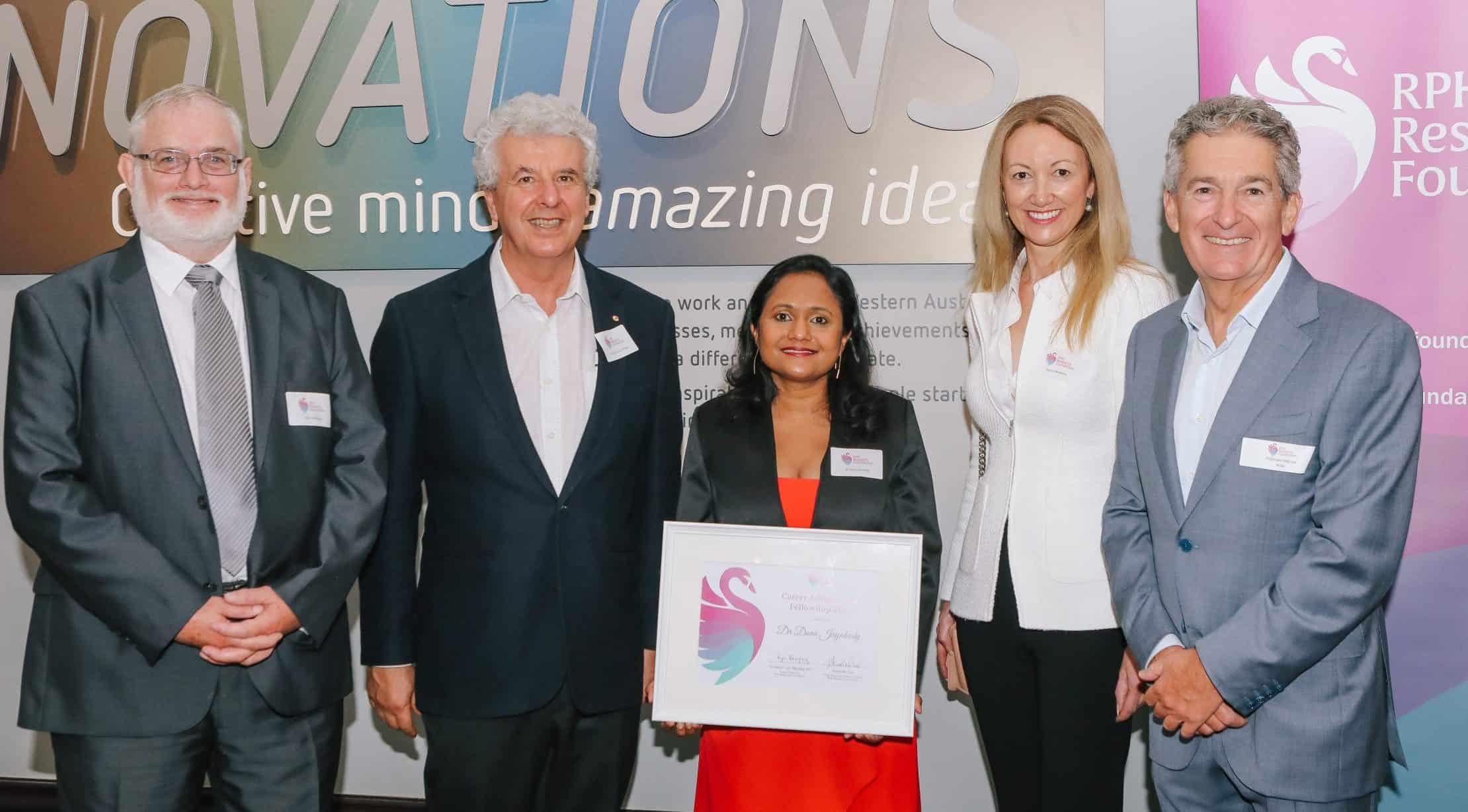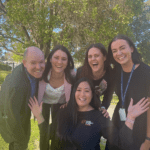Daniel Gerace answers some of our client questions in response to his podcast episode on The Next Frontier in Hearing technology.
About Daniel Gerace
After completing his Bachelor of Science, Daniel began gaining experience in the areas of cardiovascular science and exercise science. However, after realising his growing interests in patient-centred rehabilitative care and hearing aid technology, Daniel decided to pursue a career in audiology, graduating with a Master of Clinical Audiology with Distinction in 2019 from the University of Western Australia. He has been working as a clinical audiologist at Lions Hearing Clinic since 2020, focusing on adult rehabilitation.
Daniel also has a profound interest in translational audiological research, and in addition to his clinical work, he also operates as a research assistant at Ear Science Institute Australia. Daniel is passionately committed to helping people with hearing loss overcome their communication barriers using evidence-based, individualised care in order to promote healthy ageing and address the psychosocial aspects that can come with hearing loss.
Chris N from West Perth asks, “I work in a professional environment, and I struggle to hear at networking events, and to be honest, I am not ready to admit that I have a hearing loss. What are my options?”
I am not sure if you have had a hearing test yet, so I recommend starting there. If you have a very mild hearing loss, we can suggest several communication techniques to help you at work. Such as reducing background noise (like music) and encouraging people to face you when you are talking with them – however, these might be easier said than put into action when you are at your End of Financial Year events.
Whilst I’m a big advocate for proudly sporting your hearing technology, I understand that some of us are a bit more concerned with the appearance of hearing devices – and that’s ok! If you are one of those hearing loss who would benefit from a hearing aid, I recommend looking at Phonak Lyric. They are 100% invisible hearing devices, so no one needs to know you have hearing loss or are wearing hearing aids.
The advanced technology in Lyric will help reduce background noise and help you focus on the person speaking to you to help you at your next networking event.
Katie D from Subiaco asks, “I have had my hearing aid for over five years. How often should I upgrade my device?”
Firstly, I will review your current hearing aid to see if this device can be adjusted to suit your current needs – so that would be to start.
Generally, hearing aid manufacturers bring out new and improved models every three years. The new models are often smaller, with enhanced specifications and technology giving the listener many more features to enjoy.
With your hearing aid over five years old, I recommend looking at what is available. It is essential to choose a hearing provider with a comprehensive range of technology and devices for you to choose from to get a solution that will meet your hearing and lifestyle needs. There is never a one size fits all – all my clients are very different, and I prescribe devices based on their needs, right from Assistive Listening Devices to hearing aids up to referring to a cochlear implant audiologist.
Keep in mind most manufacturers will stop supporting models as they age, so it might be not easy to get replacement parts or upgrades if you have an older model. If you qualify for the Hearing
Services Program and your needs have changed; you may be eligible to receive additional funding every five years, and for private health funds, the hearing aid rebate ticks over every 3 – 5 years; check with your private health fund.
David P from Warnbro asks, “My tinnitus is gradually getting worse. I have heard about a tinnitus masking feature on some hearing aids. Can you explain that?
Hearing aids often have a program that reproduces ‘white’ noise or other sounds to reduce your awareness of tinnitus.
I have not used this feature for my clients very often, as many clients benefit from simply wearing hearing aids. This might surprise you to know that hearing loss is the most common cause of tinnitus. If we treat hearing loss, the perception of tinnitus will often reduce as the brain stops compensating for the absence of sound, with the hearing nerve getting sound stimulation with ambient noise as a result of the hearing aid.
Dona S from Woodvale asks, “My Audiologist has recommended hearing aids with wireless technology. I am not convinced I need this. What is it, and why do I need it?”
Hearing aids often have a Bluetooth feature that allows you to stream sound from the TV and your phone to your hearing aids.
Many of my clients love this feature, and I often get asked about it. If you struggle to hear the TV or need to put your phone on loudspeaker, I recommend considering devices with the Bluetooth feature.
I provide a trial for my client to test these features in their day to day life.
Richard T from Gosnell’s asks, “I have worn hearing aids for the last ten years, but I have real difficulty in group conversations. I love my Audiologist, but I keep going back to help me, but nothing works. What should I do?”
I really like that you love your Audiologist, and they have obviously looked after very well.
It sounds like you may have got the most out of your hearing aids that you can and could be a candidate for a cochlear implant.
Ask yourself these questions:
- When you wear your hearing aid, do you still find it hard to hear on the phone?
- When you wear your hearing aid, do you often ask people to repeat themselves?
- When you wear your hearing aid, do you find it difficult to follow a group conversation and avoid social situations?
- When you wear your hearing aid, do you struggle to understand what is being said if people do not face you while talking?
If you answer ‘yes’ to one or more of these, then get your Audiologist to refer you to the Ear Science Implant Clinic to see if you might benefit from a cochlear implant.
When your Audiologist refers to an Implant Audiologist, you get the best of both worlds with not 1 but 2 qualified Audiologists looking after your hearing needs. Your current Audiologist will be involved in the assessments for a cochlear implant, and they will be kept up to date as your implant journey progresses.






